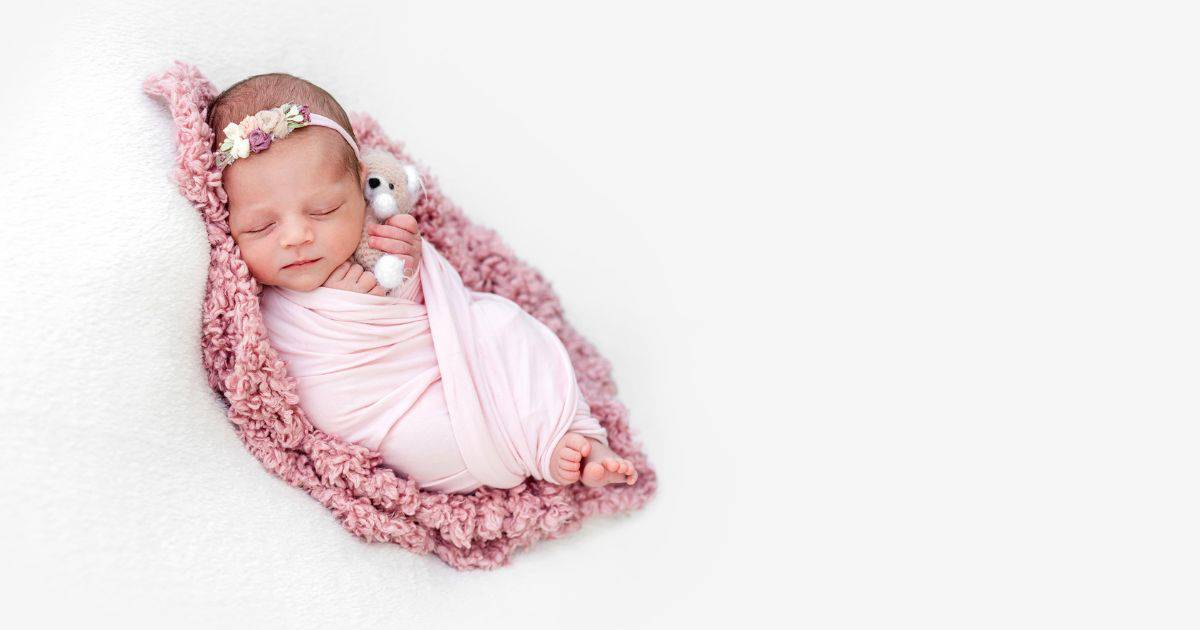Spotting During Pregnancy Is Normal or Not?
Wondering if that little bit of spotting during pregnancy is normal or not?
You’re definitely not alone. Spotting during pregnancy is a common occurrence, and all sorts of things can cause it. But don’t worry, we’ll break it all down for you in this guide.
I know you have a lot of questions and concerns when it comes to your pregnancy, so hopefully, this guide will help put your mind at ease.
According to the American College of Obstetrics and Gynecologists (ACOG), about 20 to 30 percent of pregnant women experience some spotting or bleeding during their first trimester.
Spotting is defined as light bleeding from your vagina that’s usually pink, red, or brown in color. It’s different from your normal period because it’s much lighter and doesn’t last as long.
Bleeding is a bit more serious and is defined as a heavier flow that’s usually red in color.
If you’re experiencing either of these, it’s important to contact your healthcare provider right away. They can help determine the cause and whether or not you need to be seen in person.
So, what causes spotting during pregnancy? Here are a few common causes:
- Hormonal Changes: When you get pregnant, your hormone levels go crazy! These fluctuations can cause all sorts of symptoms, including spotting.
- Implantation Bleeding: This usually happens around the time when you would’ve gotten your period. It’s caused by the fertilized egg attaching to the lining of your uterus.
- Infection: An infection in your vagina, cervix, or uterus can cause spotting. This is usually accompanied by other symptoms like a foul-smelling discharge, a burning sensation when you urinate, or pain in your lower abdomen.
- Cervical Changes: During pregnancy, your cervix (the opening to your uterus) will start to soften, change shape, and move higher up in your vagina. These changes can cause light spotting.
- Sexual Activity: Any kind of sexual activity (including intercourse, masturbation, or even roughhousing) can cause spotting. This is usually due to the cervix being irritated.
What Spotting During Pregnancy Means

Spotting during pregnancy can occur in the first, second, or third trimester and can have various causes. Spotting is usually lighter than a period and may be pink, red, or brown.
Spotting during pregnancy may be related to implantation (when the fertilized egg implants in the uterine wall) or to ectopic pregnancy (when the fertilized egg implants outside of the uterus).
Spotting may also be caused by vaginal irritation or infection, sexual intercourse, or pregnancy complications such as placenta previa (when the placenta covers part or all of the cervix) or placental abruption (when the placenta starts to separate from the uterine wall).
If you experience spotting during pregnancy, it is important to contact your healthcare provider right away to rule out any serious causes. Spotting during pregnancy is usually nothing to worry about, but it is always best to err on the side of caution.
What Causes Spotting During Pregnancy?

A number of factors can cause spotting during pregnancy. It is most often the result of implantation bleeding, which occurs when the fertilized egg implants itself in the uterine wall.
Spotting can also be caused by changes in hormone levels, cervical irritation, or sex.
In some cases, spotting may be a sign of a more severe problem, such as an ectopic pregnancy or miscarriage.
If you experience spotting during pregnancy, it is important to contact your healthcare provider. They will be able to determine the cause and provide the appropriate treatment.
When Should You Call Your Doctor?
Spotting during pregnancy can be alarming, but it isn’t always causing concern. In most cases, it is nothing more than a normal side effect of pregnancy.
Spotting may occur in the first trimester as a result of implantation bleeding. It can also occur in the second or third trimester due to intercourse, infection, or placental abruption.
However, Spotting can also be a sign of something more serious, such as miscarriage or ectopic pregnancy.
If you are Spotting, it is important to contact your doctor so that they can rule out any potential problems. Spotting during pregnancy is usually harmless, but it’s always better to be safe than sorry.
How to Deal with Spotting During Pregnancy?
Many women experience spotting during early pregnancy. The medical term for this is “implantation bleeding,” which occurs when the fertilized egg implants itself in the uterus lining.
This can happen six to twelve days after conception, and it is usually a very small amount of blood. However, if you are pregnant and you experience any bleeding, it is important to contact your healthcare provider.
They will be able to determine if the spotting is normal or if there is cause for concern. In most cases, spotting during pregnancy is nothing to worry about.
However, if the bleeding is heavy or accompanied by cramping, it could be a sign of an ectopic pregnancy or miscarriage.
Therefore, it is important to be aware of the potential risks and seek medical attention if you experience any bleeding during pregnancy.
Miscarriage Risk Factors

Miscarriage is the spontaneous abortion of a pregnancy before the 20th week. It is estimated that 1 in every 4 recognized pregnancies ends in miscarriage, making it a relatively common occurrence.
There are many different factors that can contribute to a miscarriage, including chromosomal abnormalities, hormonal imbalances, uterine abnormalities, and infections.
Additionally, certain lifestyle choices, such as smoking or drinking alcohol, can also increase the risk.
However, it is important to remember that most miscarriages happen due to factors beyond anyone’s control.
If you have experienced a miscarriage, know that you are not alone and that there is nothing you could have done to prevent it.
What to Expect After a Miscarriage
A miscarriage can be a very traumatic experience, both physically and emotionally. It is important to understand what to expect after a miscarriage so that you can take steps to care for yourself during this difficult time.
First, you will likely bleed heavily for a few days as the pregnancy tissue is expelled from your body. You may also experience cramping and pain.
It is important to rest as much as possible and to avoid strenuous activity during this time. You may feel depressed or anxious after a miscarriage, and it is essential to give yourself time to grieve.
Seek support from friends, family, or a counselor if needed.
Remember that miscarriages are common and do not mean that you will never be able to have a healthy pregnancy in the future.
Learn more about how to avoid miscarriage – best 10 things you can do from here!
Final Thought
Spotting during pregnancy can be a scary thing. For many women, it’s their first experience with pregnancy and they don’t know what to expect.
This article will help clarify some confusion around spotting during pregnancy and miscarriage risk factors.
I hope that after reading this post, you feel better equipped to handle any spotting that may occur during your pregnancy journey.
Although spotting is common in early pregnancies, it doesn’t mean that everything is okay.
If you are experiencing bleeding along with other symptoms such as cramping or pain, then you should call your doctor right away for advice.




Leave a Reply
You must be logged in to post a comment.